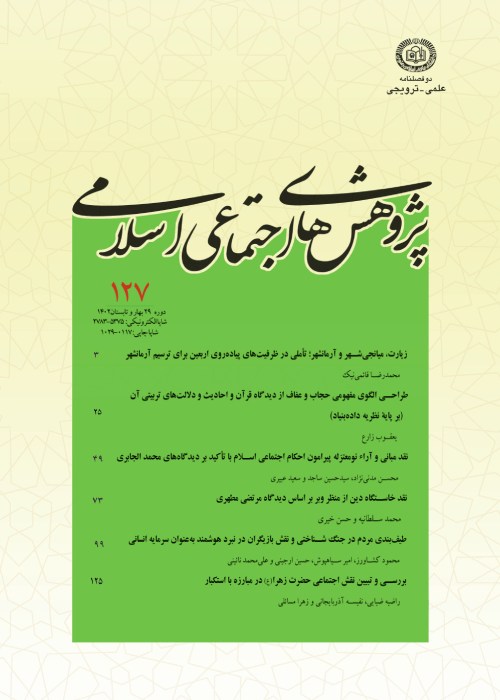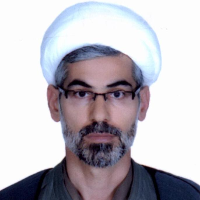The Role of Theological and Epistemological tenets of the people of Hadith and Ash'arites in the Decline of Islamic Civilization
The foundations of belief and public culture and the kind of people’s viewpoint in a society on social issues plays a vital role in the prosperity or decline of every civilization. Based on a descriptive-analytic study of the cultural and social relevance of the three components of theological foundations, epistemic approaches, and political supports will be achieved from the people of Hadith and Ash'arite intellectual model which the theological foundations of the people of Hadith and Ash'arites was in conflict with rational principles. These conflicts led them to confront philosophers, rationalist theologians, and natural scientists. Ash'ari theologians change the general culture of society in order to deal effectively with their intellectual opponents and remove them from the context of society. For achieving this issue on the one hand, they adopted Sufism and, on the other hand, supported the political rulers by establishing military schools in order to change the educational system and train the required propagators. And eventually they were able to gradually change the general culture of Muslims in order to deepen and consolidate their intellectual model which literature in the form of infrastructure-superstructure theory, In liberal thought this kind of thinking is very dim and similarly it does not hold much in the minds of Muslim thinkers, while dealing with this theory has a significant impact on Islamic humanities. The main question of the present paper is why despite the importance of Muslim thinkers ‘entry to the boundaries of infrastructure-superstructure theory, despite its importance, there is no affirmative theory in this regard. The claim of this paper is that since superstructure theory is the result of dialectical thinking and thus derives from the theory of historical materialism, Muslim thinkers have merely neglected the important implications of this theory by merely criticizing the dialectic and historical materialism. And by criticizing the issue, they have been silent about the next major implications of this theory, while the need for a theory is felt when it comes to implementation. This paper uses a descriptive-analytic method to analyze this issue and in particular analyzes the thought of martyr Sadr and martyr Motahhari as pioneers of Islamic economics in the present era.
- حق عضویت دریافتی صرف حمایت از نشریات عضو و نگهداری، تکمیل و توسعه مگیران میشود.
- پرداخت حق اشتراک و دانلود مقالات اجازه بازنشر آن در سایر رسانههای چاپی و دیجیتال را به کاربر نمیدهد.



